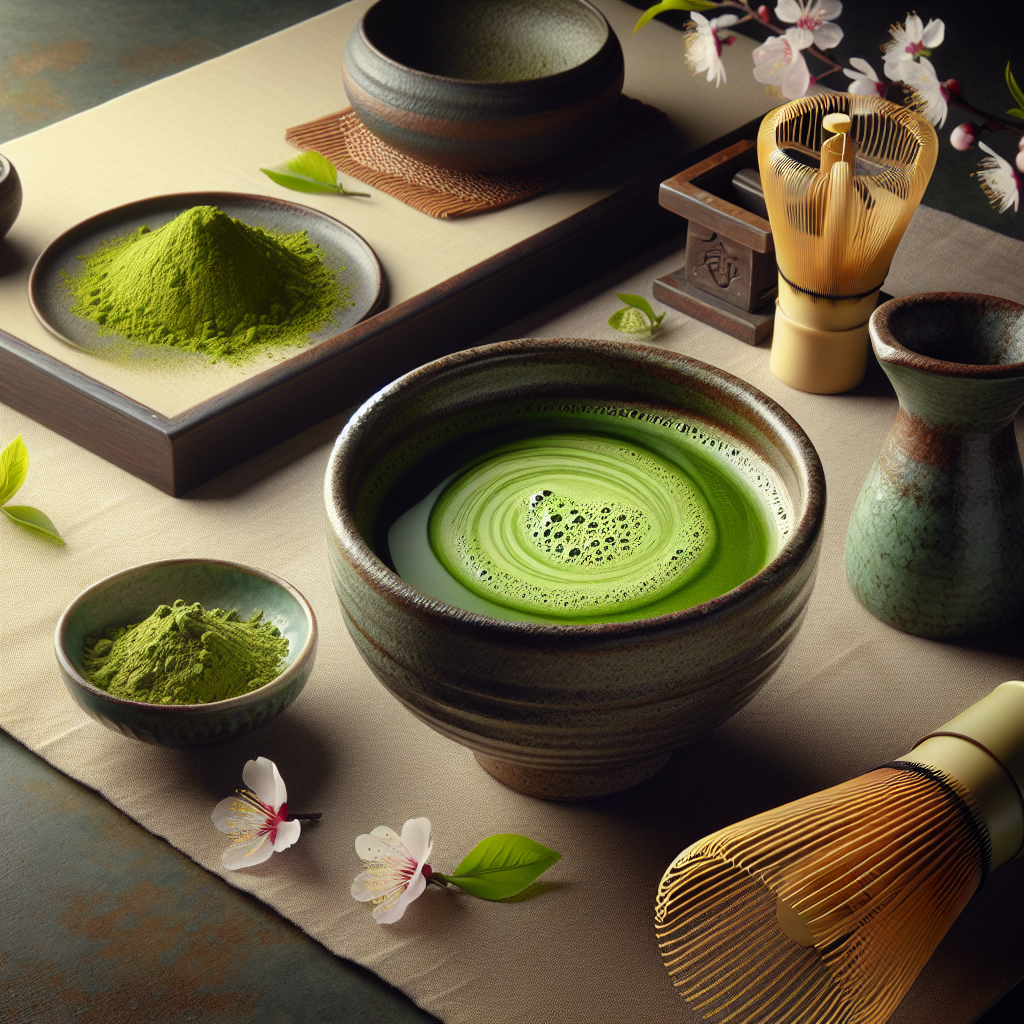The Matcha Dilemma: Health Benefits vs. Iron Absorption
Matcha, a powdered green tea, is popular for its health benefits but can interfere with iron absorption due to components like polyphenols and phytic acid. While beneficial for some health aspects, excessive matcha consumption might lead to iron deficiency, particularly in those already at risk.

- Country:
- Australia
Melbourne, Sep 25 (The Conversation) - The popularity of matcha, a powder made from green tea leaves, continues to rise, but recent social media posts have raised concerns about its impact on iron levels. Videos depict women in hospitals receiving iron transfusions while citing their matcha habits as a possible cause of their low iron levels.
Matcha is rich in beneficial compounds like dietary fibre and polyphenols, offering potential advantages such as improved brain function and blood pressure regulation. However, studies indicate that excessive consumption may lead to reduced iron absorption due to the presence of polyphenols and phytic acid.
Individuals with low iron, especially menstruating women, should be cautious, as high matcha consumption might inhibit iron absorption from iron-rich foods. Experts recommend consuming matcha separately from meals to mitigate its impact on iron levels and advocating for a balanced diet enriched with iron and vitamin C-rich foods.










